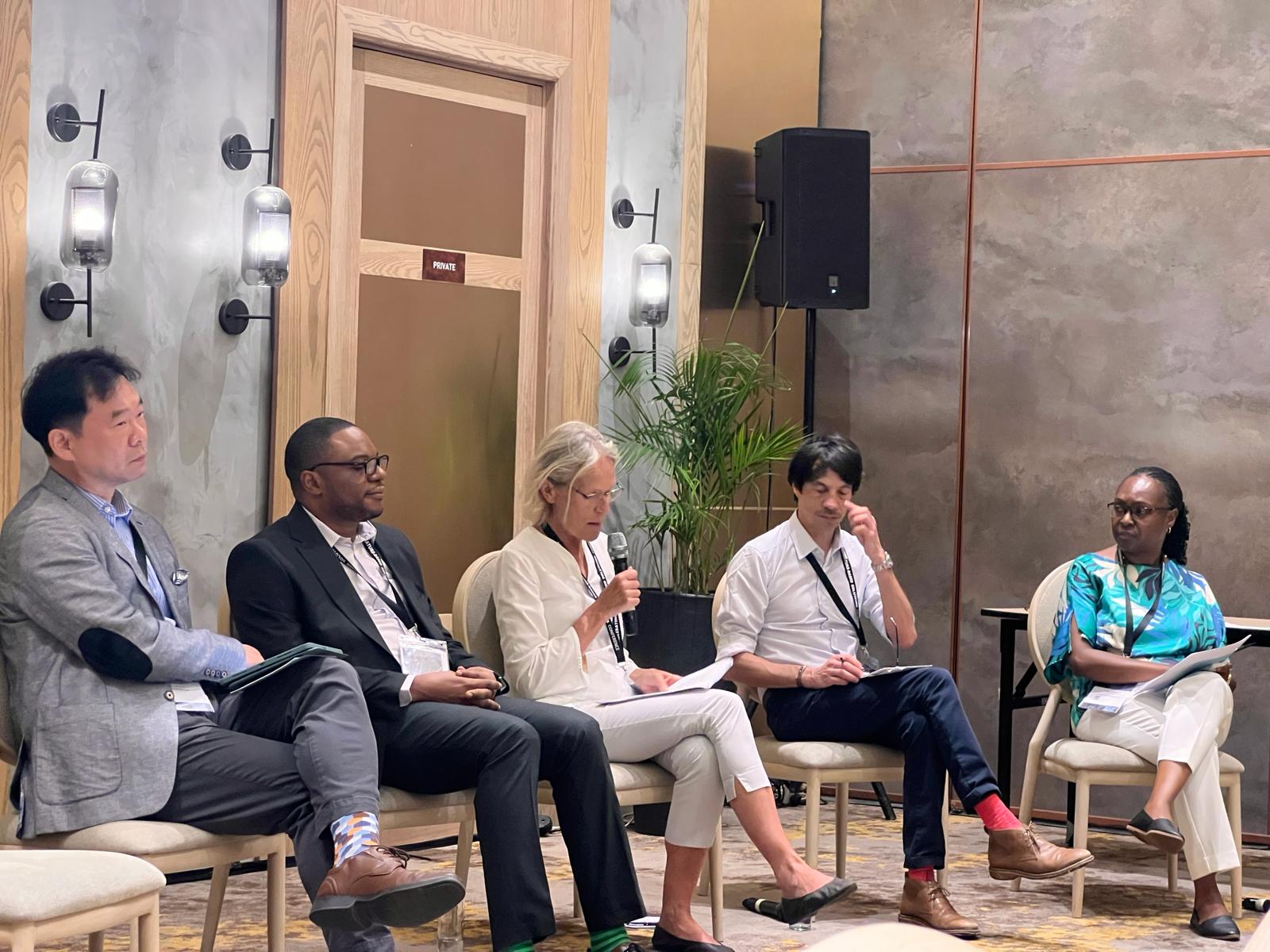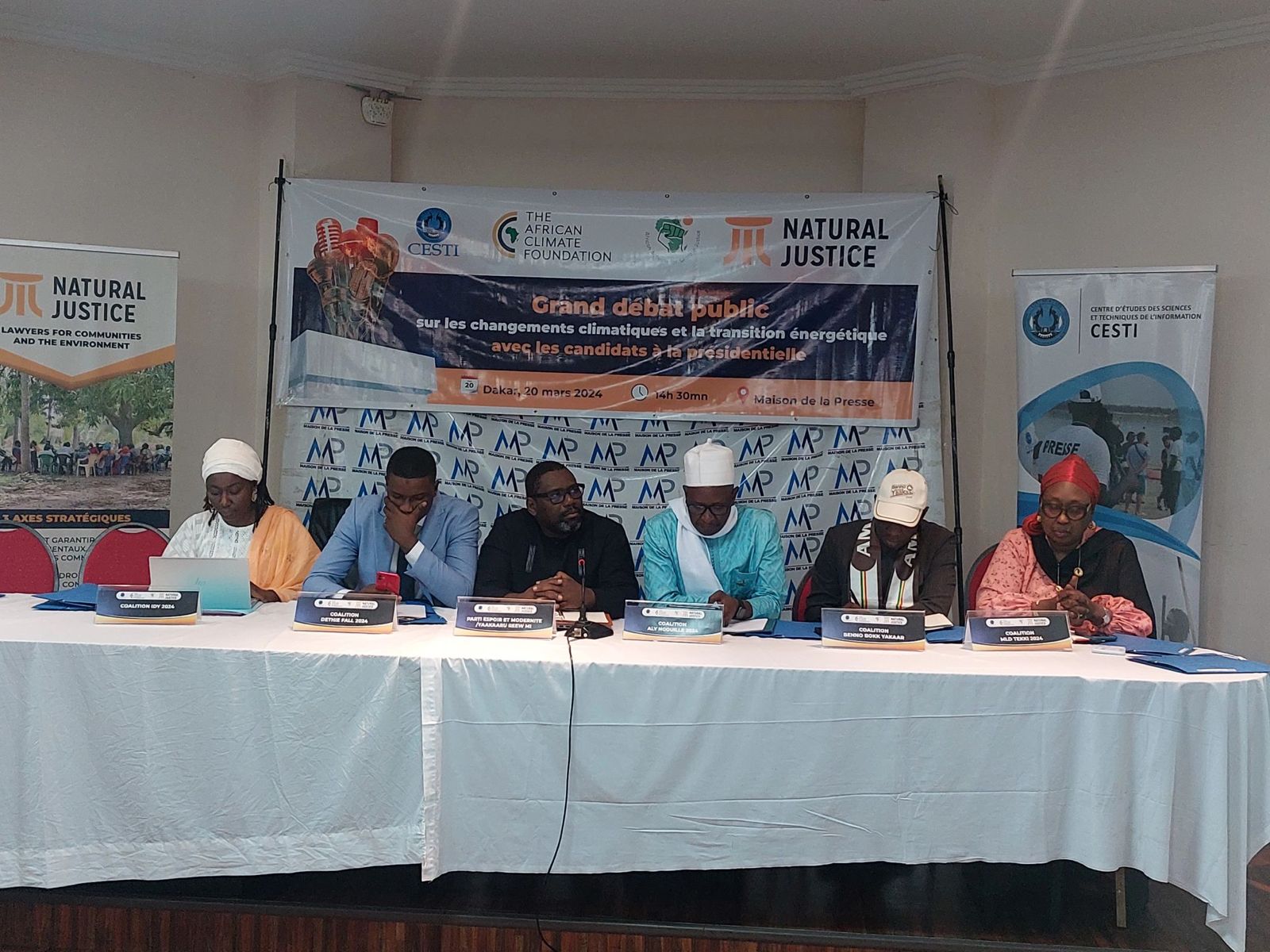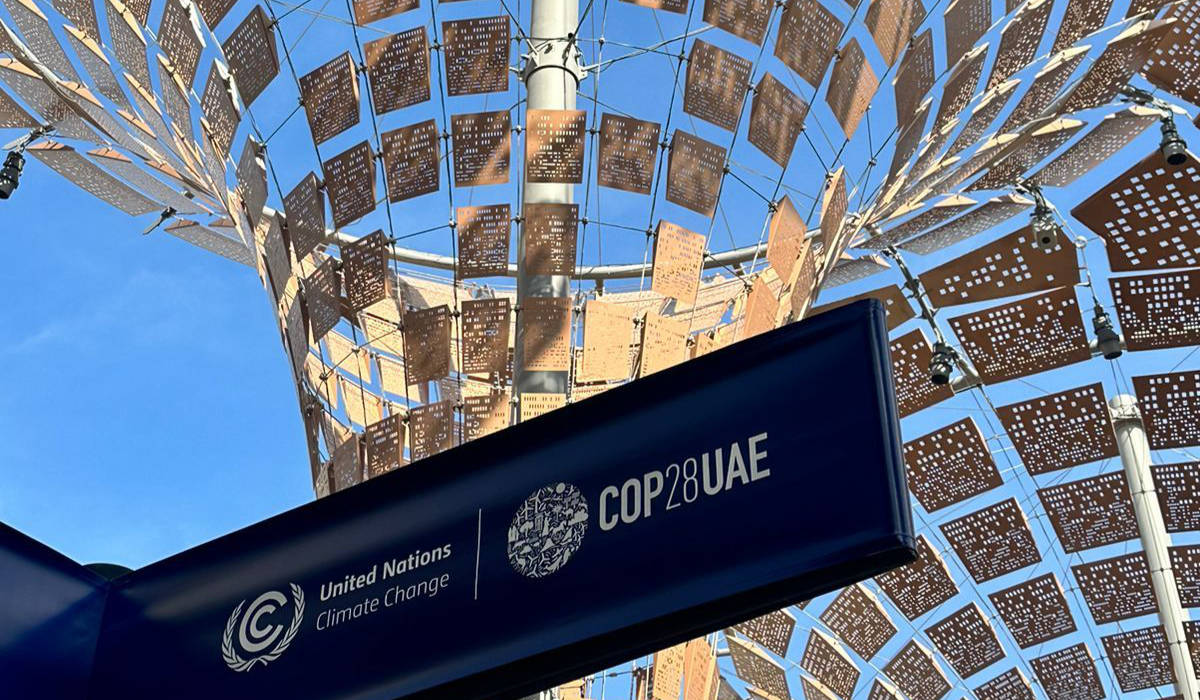Negotiations to fine tune South Africa’s Just Energy Transition Partnership (JETP) has been challenging, climate stakeholders heard this week. But it was important to forge through.
The will to hammer out a deal that would not only ensure South Africa’s economy develops on a green path, but would also put climate justice centre stage, has been a major driving force to get it right.
South Africa is a developing country grappling with an elevated level of inequality, unemployment and poverty. At the same time, the country is the 12th highest emitter globally. This means that a unique solution is needed for the country in its just transition journey.
The ground-breaking JETP deal, announced at COP26 in Glasgow, saw the UK, EU, USA, France, and Germany commit to mobilise an initial $8.5 billion over the next three to five years to support South Africa’s green transition and decarbonisation. Negotiators have been hard at work in the last year to iron out the deal.
At the African Climate Foundation’s Just Energy Transition Knowledge Exchange and Learning Sessions in Cape Town this week, delegates reflected on the JETP journey so far and the lessons other countries interested in such a deal could learn.
Transition on the ground
In one of the sessions, a panel deeply involved in the setting up of the deal provided a frank reflection of the challenges relating to the implementation of a just transition on the ground.
The JETP envisions funds to support projects in decarbonising, green hydrogen and South Africa’s transport sector, but delegates emphasised the green transition to address the inequalities the country is facing. Reskilling workers in affected industries will be crucial.
Panellists outlined the skills, jobs, economic diversification and social support needed for an actual just transition, all of which requires definite commitment to make it work.
Beyond decarbonisation
It was noted that South Africa’s decarbonisation was a national interest issue, but that it transcended into so much more. To truly transform, South Africa had to look beyond decarbonisation into profoundly changing its unequal society.
“It was a difficult conversation with our international partners,” the speaker explained. The developed world partners were often just focused on the decarbonisation element of the deal, while South Africa was sometimes overzealous about the social contact involved in the deal.
Yet it was critical for South Africa and not the partners to “own the deal”.
The official acknowledged that South Africa is a guinea pig in this deal and there will be a lot of focus to see if the country can get its JETP right.
Three things, however, contributed to the success, delegates heard. Firstly, political buy-in, especially at the highest level, was critical.
Secondly you must get policy aspects right. While developing countries could be famous for pushing solutions, South Africa wanted to include its own policy reforms that would address socio-economic ills. “It was important to be clear that this terrain was owned by South Africa” in the negotiations.
Thirdly, South African was adamant that the deal should not only include decarbonising in the energy infrastructure, but that electric vehicles and hydrogen should be part of the deal.
“It is not only about coal being phased out.”
Lastly it was important not to only focus on the original climate change impact, but also the impact the transition will have on societies, and the entire value chain that will have to withstand the worst of the change that is coming.
Learning by doing
Furthermore, a participant emphasised that though the deal was still new, the only way to get things done is by jumping in doing the work. “We are learning by doing.”
He explained that the first seeds of the deal were planted in Eskom’s head office, when the troubled stated utility – deep in debt – realised that it did not only need a solution for Eskom, but for South Africa as a whole.
Eskom was stuck with ageing plants yet needed to decarbonise while struggling with environmental non-compliance issues. Yet there were social impacts in shutting down coal plants, and as it stood South Africa did not have enough electricity capacity. A new way was needed.
Currently it’s still impossible for South Africa to have 100% electricity, but technology is changing, he pointed out. And to move to renewables ticked all the boxes.
People constantly ask why Eskom is shutting down coal plants in the middle of Stage 4, Eskom said. But the state utility must take painful but courageous decisions to transform South Africa.
And it was impossible to make everyone happy.
This month the Komati power station will be the first of its kind in South Africa to be shut down and repurposed as a project of the JETP deal, and the progress of the project will be keenly watched.
Succes factors in such an undertaking, according to a delegate, are simplicity of plan, advocacy and implementation. And to continue to learn every step of the way of this difficult but necessary journey.



